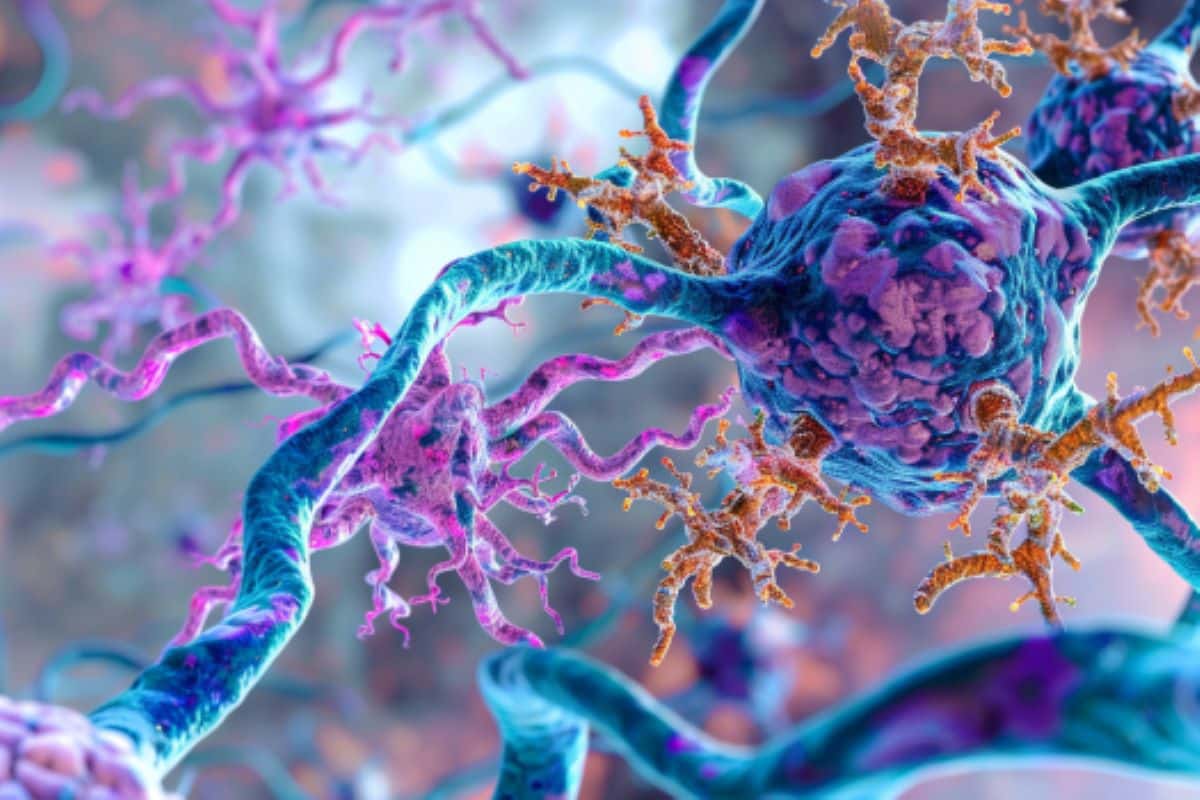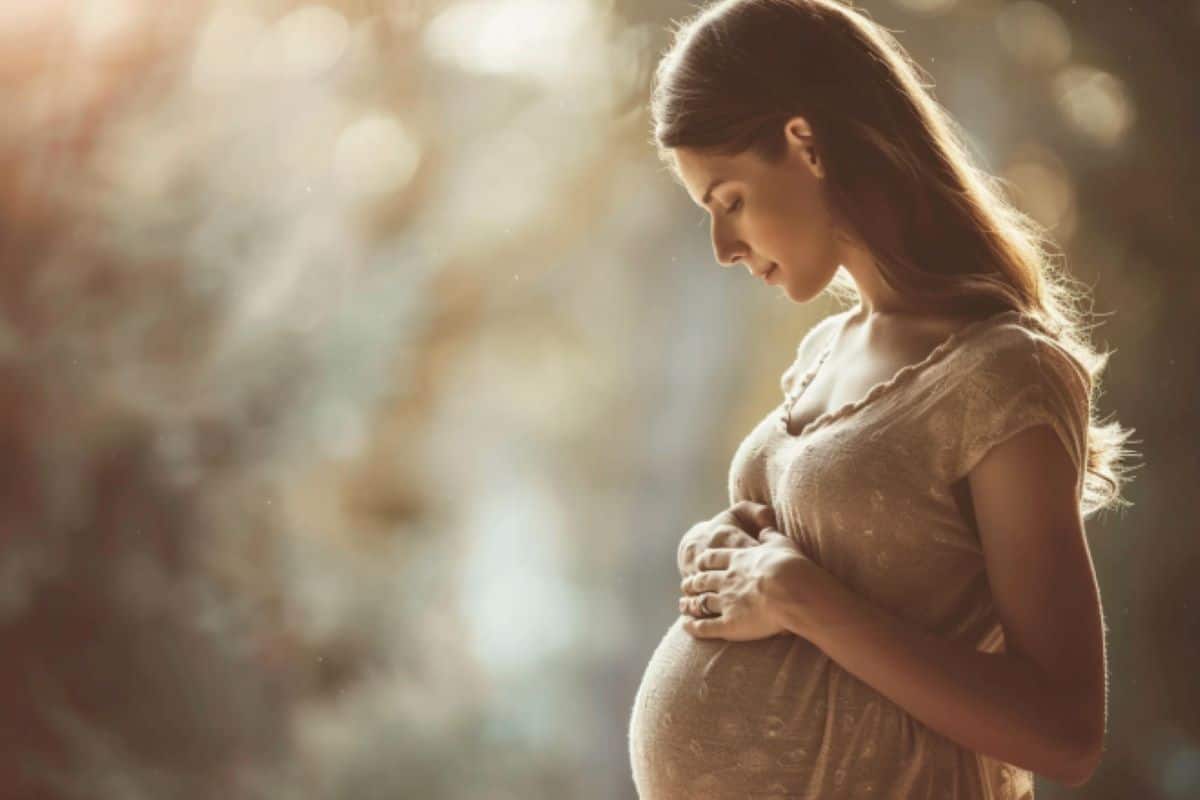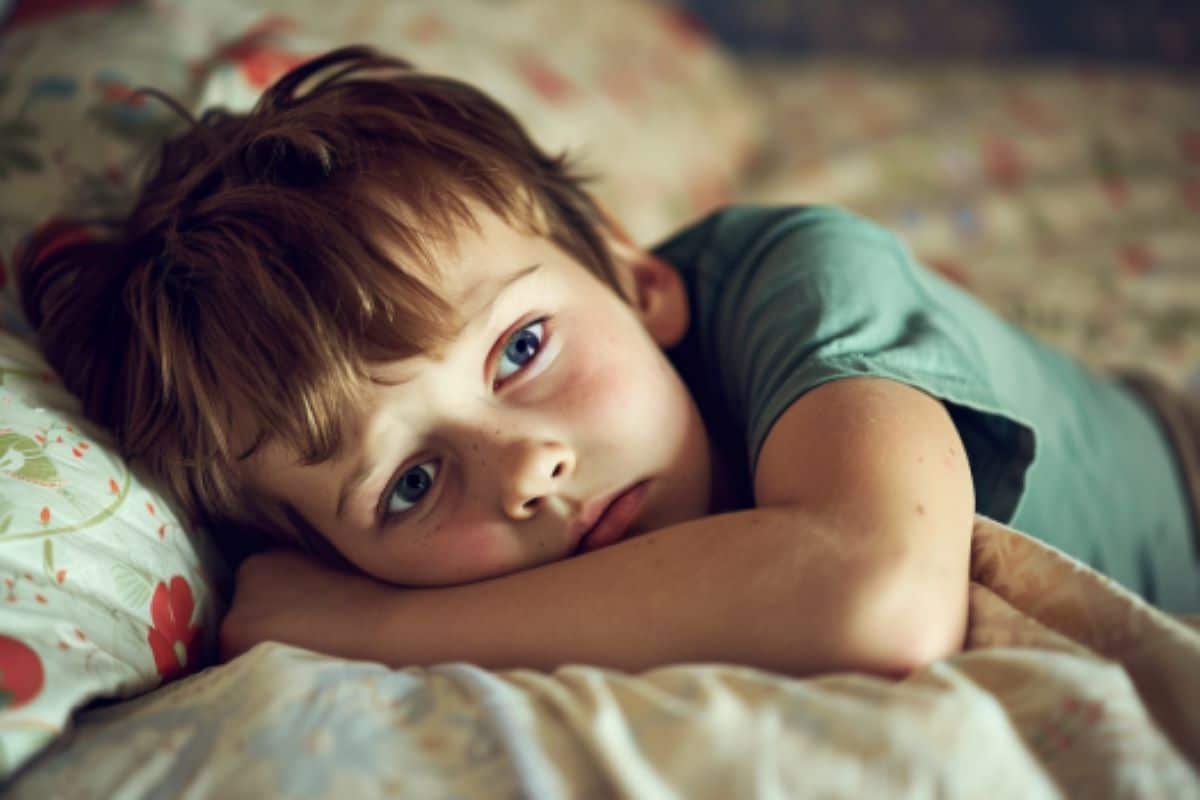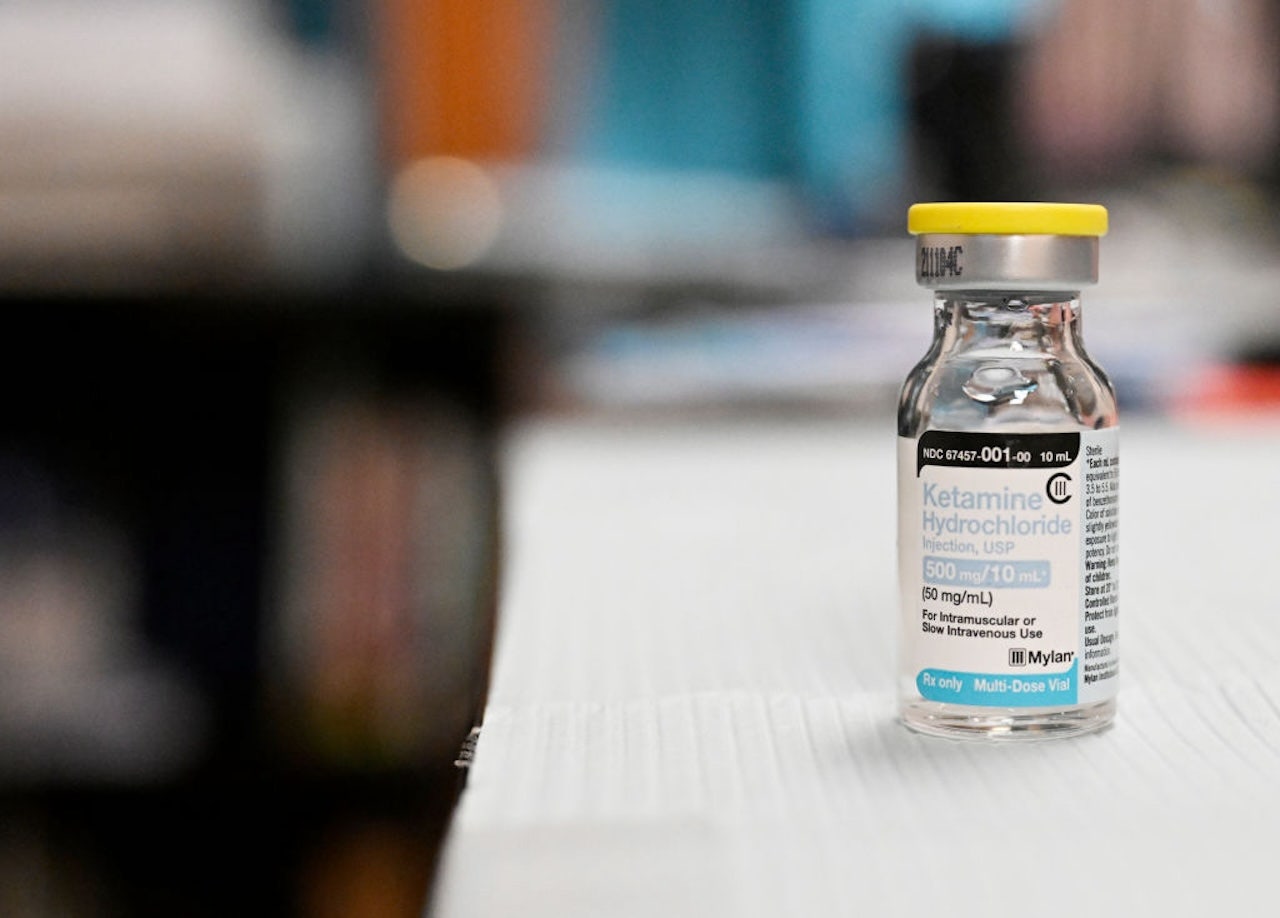neurodevelopment

Strong Link Between Teen Cannabis Use and Psychosis Risk
Summary: A new study finds a strong association between teen cannabis use and a significantly increased risk of developing psychotic ...

Parental Distraction Negatively Impacts Child-Parent Interactions
Summary: A new study finds that any form of parental distraction, whether from screens or non-digital activities, negatively impacts parent-child ...

Brain’s Self-Organization is Key to Development
Summary: A new study reveals that the brain’s cortex can self-organize during development, transforming unorganized inputs into highly structured activity ...

Pre-Pandemic Brain Wiring Predicted Teen Mental Health During COVID
Summary: A large study using pre-pandemic brain scans of adolescents reveals that brain wiring before COVID-19 predicted mental health outcomes ...

CNTN4 Protein’s Role in Autism and Alzheimer’s Unveiled
Summary: A new study reveals the crucial role of the protein Contactin-4 (CNTN4) in neuron development, impacting both neurodevelopmental disorders ...

High-Potency Cannabis Linked to Youth Psychosis
Summary: Young individuals who use high-potency cannabis between ages 16 and 18 are twice as likely to experience psychosis by ...

Mom’s Stress Hormone Shapes Child’s IQ
Summary: Elevated cortisol levels during the third trimester of pregnancy are linked to lower IQ scores in 7-year-old boys, but ...

Visual Diet Shapes Development in Infants
Summary: Researchers uncovered a critical aspect of infant vision, revealing that very young babies experience a unique visual diet consisting ...

40 Percent of Mental Illnesses Linked to Childhood Maltreatment
Summary: Up to 40% of prevalent mental health conditions, including anxiety, depression, and substance abuse, stem from childhood maltreatment. The ...

Lack of Sleep in Childhood Linked to Increased Psychosis Risk
Summary: Children who consistently experience insufficient sleep from infancy through early childhood are significantly more likely to develop psychosis as ...






